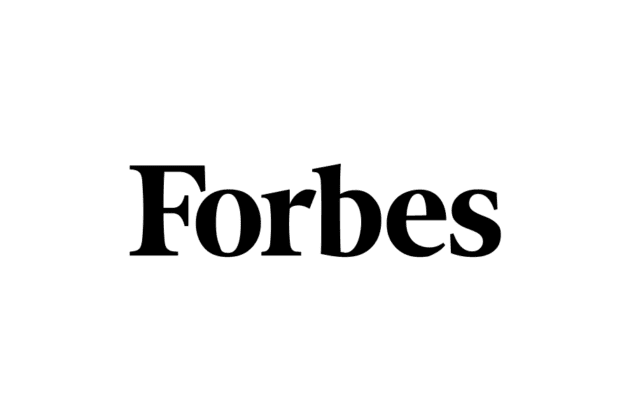Jeff Moses, CEO of WorkForce Software, explains to Forbes readers that in a tight labour market, competitive pay and benefits are no longer sufficient to attract and retain top talent. Employees now prioritise flexible rostering, meaningful professional development and better work-life balance.
Driven by societal changes and the lasting impacts of the COVID-19 pandemic, there’s been a significant increase in the importance of these experiential factors. Employers must invest in communication, flexible rostering and modern workforce management technologies to meet these elevated expectations whilst maintaining a motivated and engaged workforce. Moses also includes data and stats from WorkForce Software’s latest Global Employee Experience Study.
“With the right technology capabilities, organisations can break down operational silos and seamlessly connect their team members. Data flows freely between workforce management, HR, payroll, communications and other key systems. This unlocks powerful anytime/anywhere capabilities like self-service shift rostering and time management, on-demand training tailored to each employee, real-time communication, document sharing and knowledge libraries and continuous employee engagement,” says Moses.



